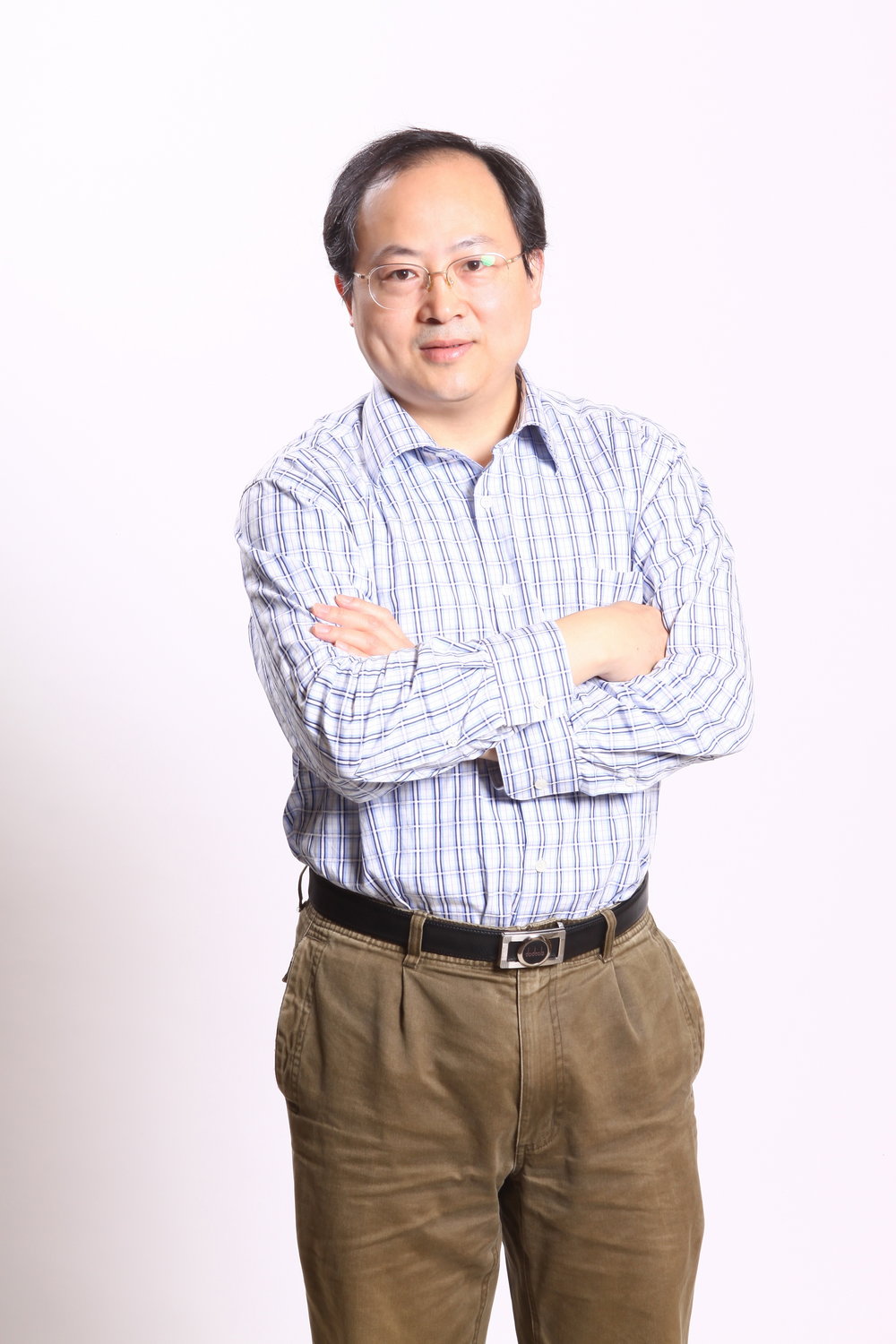Dr. Sufan Wu, Plastic Surgeon In China
/ Plastic surgery is gaining momentum in China, but in different ways than in the West.
Plastic surgery is gaining momentum in China, but in different ways than in the West.
Name: Sufan Wu, M.D., Ph.D
Location: Zhejiang, China
Website: prschina.com
Dr. Sufan Wu is the Chief of Department of Plastic and Reconstructive Surgery, Zhejiang Provincial People's Hospital, China. Chairman of the Association of Plastic Surgery of Zhejiang Province. Committee members of Chinese national Association of Plastic Surgery, Association of Aesthetic Medicine. Active member and faculty member of ISAPS.
Can you tell us what is it like practicing cosmetic surgery in China in comparison with what you see in other countries?
Compared with the other countries – the US and Europe in particular – cosmetic medicine in China has the following differences:
1. The history of cosmetic surgery in China is shorter, only about 20 years.
2. The most common surgical operations in China are upper double eyelid (also known as low eyelid blepharoplasty in the US), nose augmentation (Rhinoplasty or reduction in the US), breast augmentation (we have less cases of breast reduction and breast reconstruction than in US), less operation of facelift and abdominoplasty. Liposuction is similar with the US. The fillers and Botox injections have just started 2 years ago, but the products are very few due to the lack of permission of SFDA.
3. Only a plastic surgeon with the national license of doctor could perform a surgical operation. In some provinces, a stricter policy has been carried out – when somebody wants to perform cosmetic surgeries, he/she should have both national doctor’s license and Provincial Aesthetic doctor’s license.
4. A dermatologist can perform non-surgical procedures, injections and lasers.
What kind of plastic surgery is most common in China? How is cosmetic medicine growing? What kind of patients are you seeing?
There is no accurate data in China unlike the ASPS in the United States. Undoubtedly, the double upper eyelid is the number 1 operation in China, which is probably half of all the cases in surgery. The second one is maybe the nose augmentation, and the third one is probably lower eyelid blepharoplasty.
Cosmetic medicine is rapidly increasing in China and more and more private facilities are being set up.
There are many IPL and cosmetic lasers that are manufactured in China, but your website promotes the fact that you're often using devices made in the US or Italy? What do Chinese physicians think of Chinese technologies? Why do you market technologies made in the US? Do your patients perceive a difference?
In China, the techniques for making the IPL and laser equipment are somewhat lagged than modern countries, especially in some complex products. So, the hospitals prefer to purchase devices made abroad. Whereas in some routine equipment, such as CO2 laser, He-Ne laser, we prefer native machines. We hope the Chinese industry of lasers will get fast progress, and one day we can get the products with the same high quality.
Describe what kinds of programs, media, advertising, social media and internal programs you use to market to new and existing patients. Where do you spend money on advertising?
It depends. The public hospitals do very little advertising, whereas the private clinics do use much advertising, which sometimes take one third of all income of the clinics. I’m working in a public hospital, so the majority of advertising is based on the public’s feedback. Compared with US, a different thing in China is people usually prefer to get the treatment in public hospitals. I have done very little advertising for my department.
As a Chinese physician, what insurance do you have to have, or not have, for medical malpractice? What recourse do Chinese patients have if they're not happy with an outcome or if a physician makes a mistake?
In China, there is no insurance for doctors. As you know, the relationship between doctors and patients in China is probably the worst in the world. Once an unhappy patient is dissatisfied with the outcome of the surgery, the patient and his relatives will come to face and quarrel the doctor directly, and sometimes it becomes violent. That’s really terrible!
What's the best advice you've ever received as a physician?
To Cure Sometimes, to Relieve Often, to Comfort Always.
About: Dr. Sufan Wu finished his medical degree at eh Medical School of Zhejiang University. He had advanced training at the Department of Plastic and Reconstructive Surgery, Shanghai Ninth Hospital. After that, he became a visiting scholar at the Department of Plastic and Reconstructive Surgery, Kyoto University Graduate School of Medicine in Japan. He also pursued his graduate studies at the Department of Plastic and Reconstructive Surgery, Kyoto University Graduate School of Medicine, Japan.
This interview is part of a series of interviews of physicians running medical spas, laser clinics and cosmetic surgery centers. If you'd like to be interviewed, just contact us.





